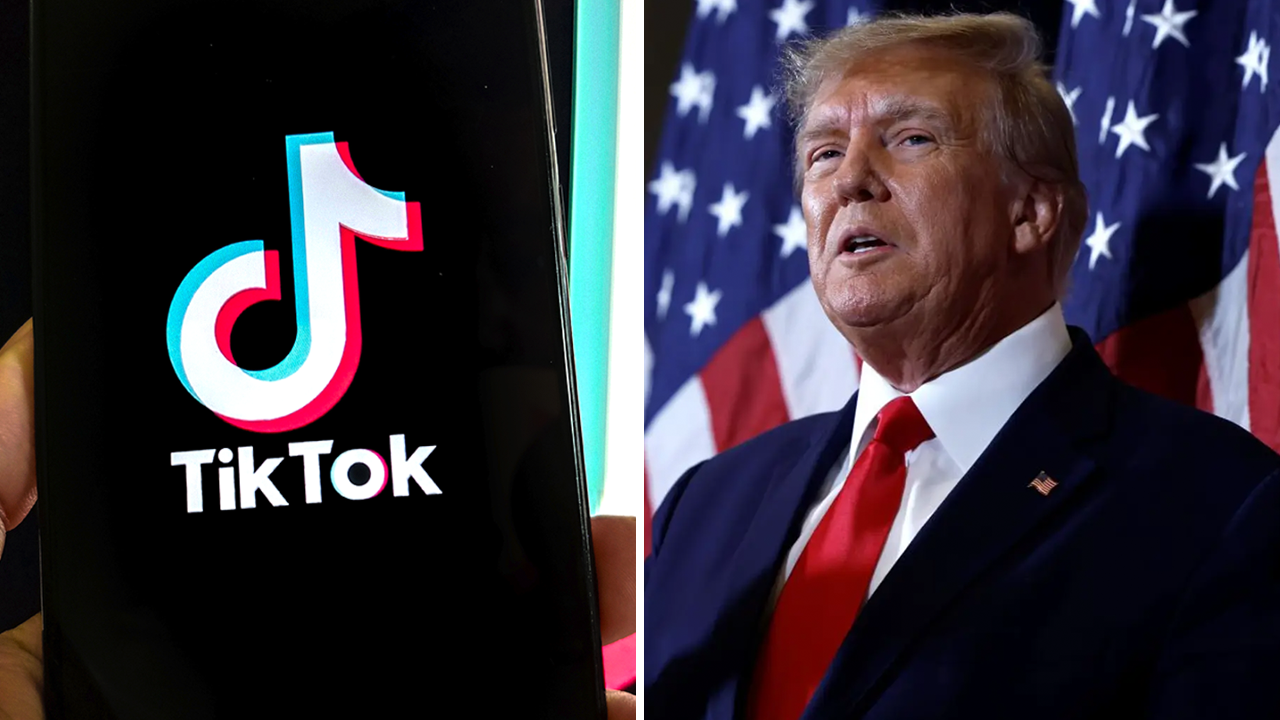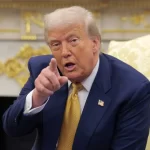TikTok is part of daily life for many Americans. It’s more than just short videos and dances; it’s where people get creative, do business, and have fun. For over a year, the app was caught in a security dispute between the U.S. and China, which almost led to a ban. Fortunately, things cooled off around mid-September 2025. There’s a possible deal to keep TikTok in the U.S., but with new owners to address U.S. security concerns.
The TikTok situation started with a law passed by Congress in 2024 called the Protecting Americans from Foreign Adversary Controlled Applications Act (PAFACA). This law said that ByteDance, TikTok’s parent company in Beijing, had to sell its U.S. TikTok operations or get banned in the U.S. The law was made because people were afraid that the Chinese government could get American users’ personal info or use TikTok’s algorithm to spread propaganda.
The deadline to sell TikTok was January 2025, but it passed without the deal happening. The government gave them some extra time, but U.S. officials were still concerned about national security. TikTok creators, businesses, teens, and influencers were worried about how a ban would impact them. A lot of people couldn’t believe TikTok might actually get banned, but the government thought that not enforcing the law was risky.
Negotiations in Madrid during September 2025 reached a turning point. High-ranking U.S. officials, like Treasury Secretary Scott Bessent and Trade Representative Jamieson Greer, met with their Chinese counterparts. After two days of talks, they sketched out a basic deal. The main idea was to shift TikTok’s U.S. business to mostly U.S. ownership, which trying to keep both Beijing and U.S. security people happy.
What it Means for Users and Creators
In the US, TikTok is used by more than 170 million people. Many creators, stores, and influencers rely on the platform. A ban could hurt their income and the number of people they reach. Regular users might not be able to access the content and communities they enjoy.
National Security Concerns
The US government is worried about foreign entities controlling big online platforms. They’re concerned about where data is stored, whether algorithms could change people’s thinking, and whether these systems could be controlled or misused. Keeping data in the country, being transparent, and knowing who owns what is very important.
How it Plays into International Relations & Trade
The TikTok issue is part of a larger debate about trade and tech between China and the US, which includes tariffs and trust. It could also influence how digital issues are handled globally.
What it Means for Tech Rules
The outcome here will set a precedent. Will foreign tech companies be required to sell, license, or change their operations if they pose a national security risk? How much power will the government have? What algorithm restrictions are acceptable? These questions extend beyond just TikTok. The TikTok situation shows us it’s not just about one app. Governments are more ready to step in and make sure huge digital platforms don’t turn into tools used for foreign power, fake news, or messing with data. For tech companies everywhere, the takeaway is simple: who owns what, how data moves, and who controls the algorithms are now hot political topics with lots of rules. If companies don’t want to or can’t get on board with what countries or regions expect for security, they could get shut out or have to change how they’re set up.
If things stay as they are, TikTok may not be banned in the U.S. and can continue to be part of American culture, business, and politics. This would be a win for creators, users, and businesses. Even so, the agreement isn’t complete. There are still questions about who controls the algorithm, if it’s Chinese-owned, and obeying laws.
The TikTok situation shows a big problem these days: how to balance new ideas, free speech, and business with keeping the country safe and handling digital control. The almost-done plan could be a fix: managed separation, watching over, licensing, and compromises. For now, Americans can feel a bit relieved TikTok might stay. But worries remain: How much will China have an impact? How separate will the U.S. version be? And will this be a positive or negative model for other platforms owned by foreign entities?










